Continue north through the park and you’ll pass the ranger station at Grapevine, followed by the intersection with Rte. 267, the road to Scotty’s Castle.
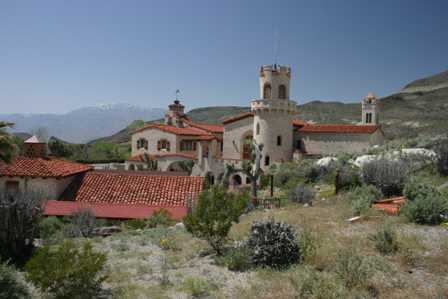
Scotty’s Castle is named after Walter Scott, a man who never owned the castle. Walter was a liar and a cheater, who made a good living for many years by making promises about gold mines that didn’t exist. One of his victims was Albert Johnson, a treasurer for the National Life Insurance Company of Chicago. Johnson came to Death Valley to check up on Walter’s fictitious mine, and decided it would be a nice place to live, so he began construction on the ranch.
The stock market crash kept Johnson from finishing the castle. When he eventually died, Walter moved in. For the final years of his life, Walter entertained paying guests at the Castle, and became somewhat of a tourist attraction, himself.
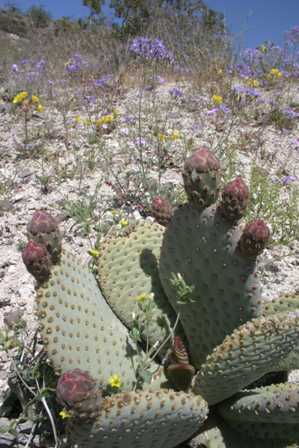
Expect to see some cactus (and at the right time of year, wildflowers) as you hike up the hill behind the castle.
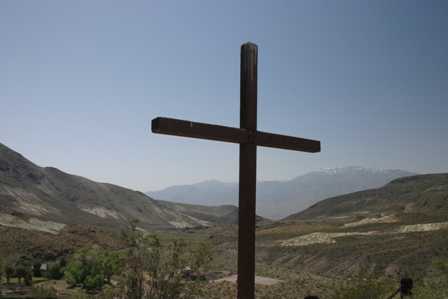
A cross on the hill above the castle marks Death Valley Scotty’s final resting place. The view is also quite nice from this hilltop, and best of all, you don’t have to pay admission to the castle to hike the short trail which leads you here.
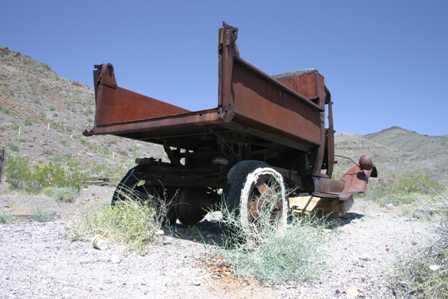
Another trail connects with the path to Scotty’s Grave. This one takes you into the valley below the castle. Here you’ll find a few rusty old cars and some other mining-related artifacts. There was only enough here to hold my attention for about 15 minutes, then I moved on.
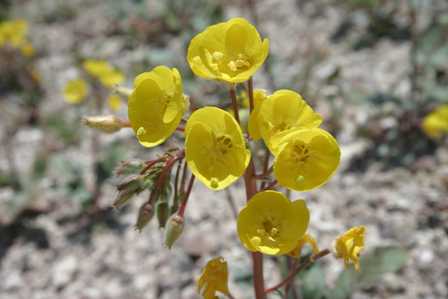
Note: This trip was first published in 2005. I spent much more time in Death Valley during the Superbloom of 2016.

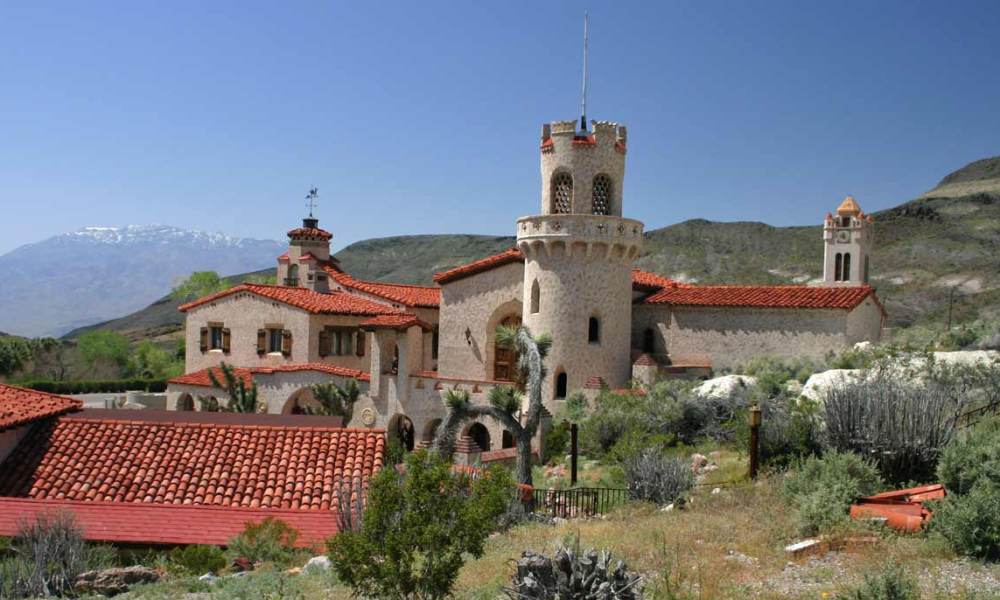


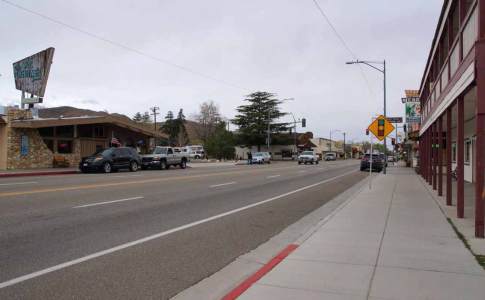
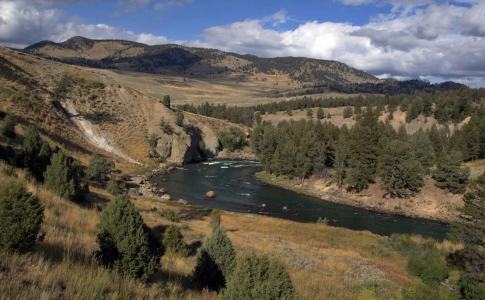

No comments